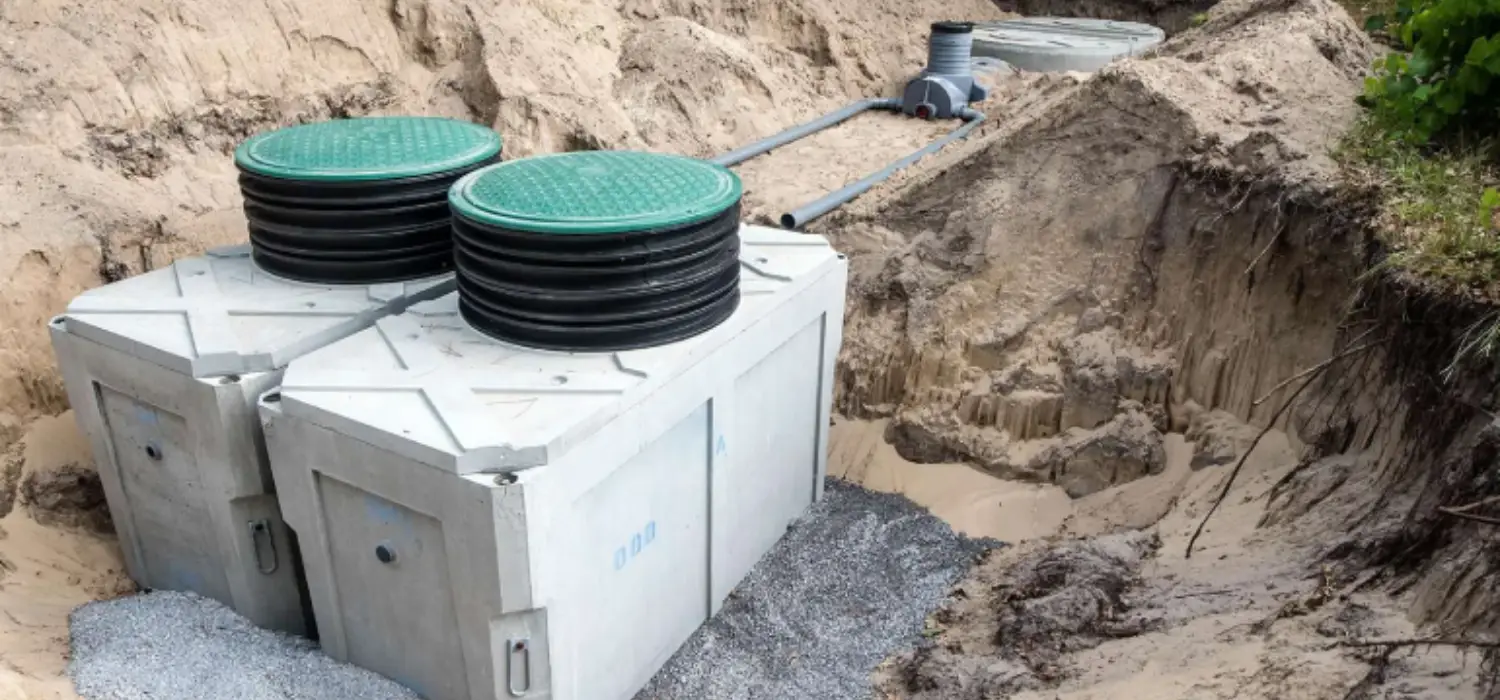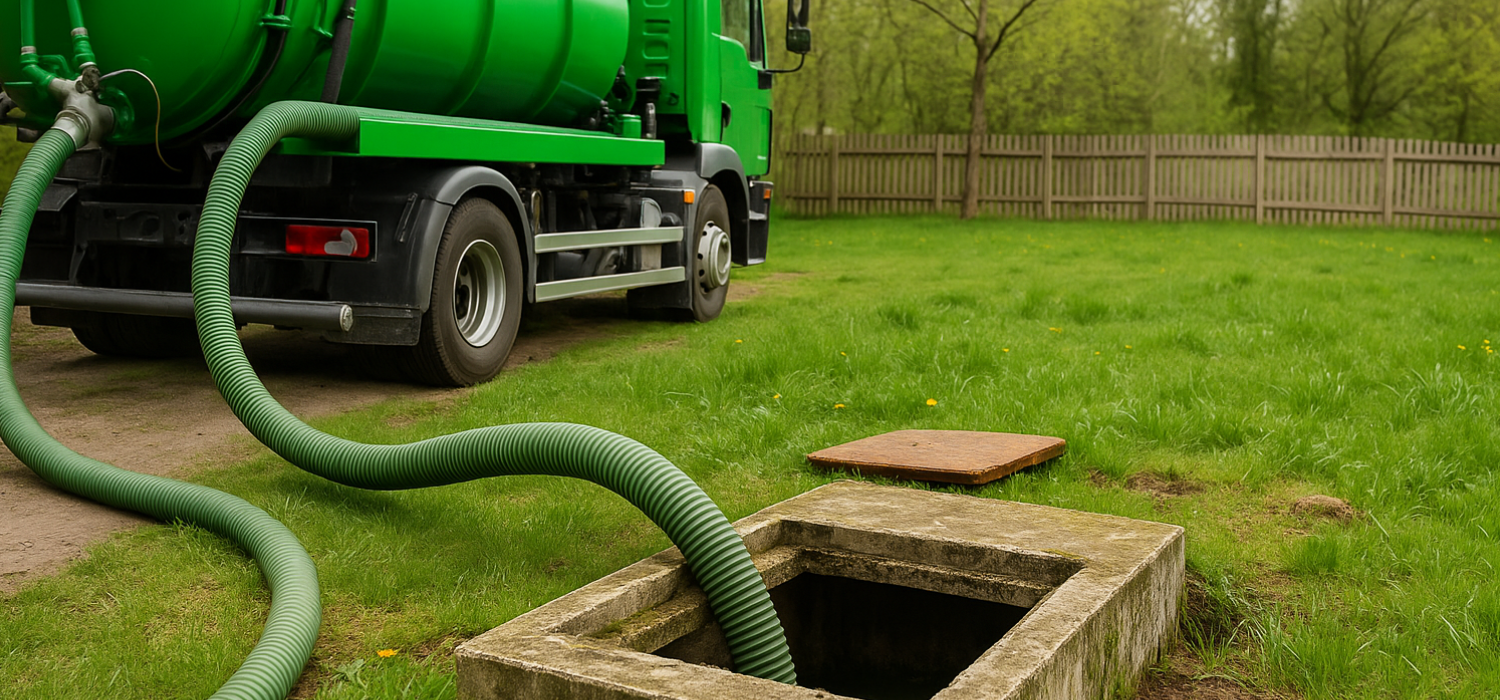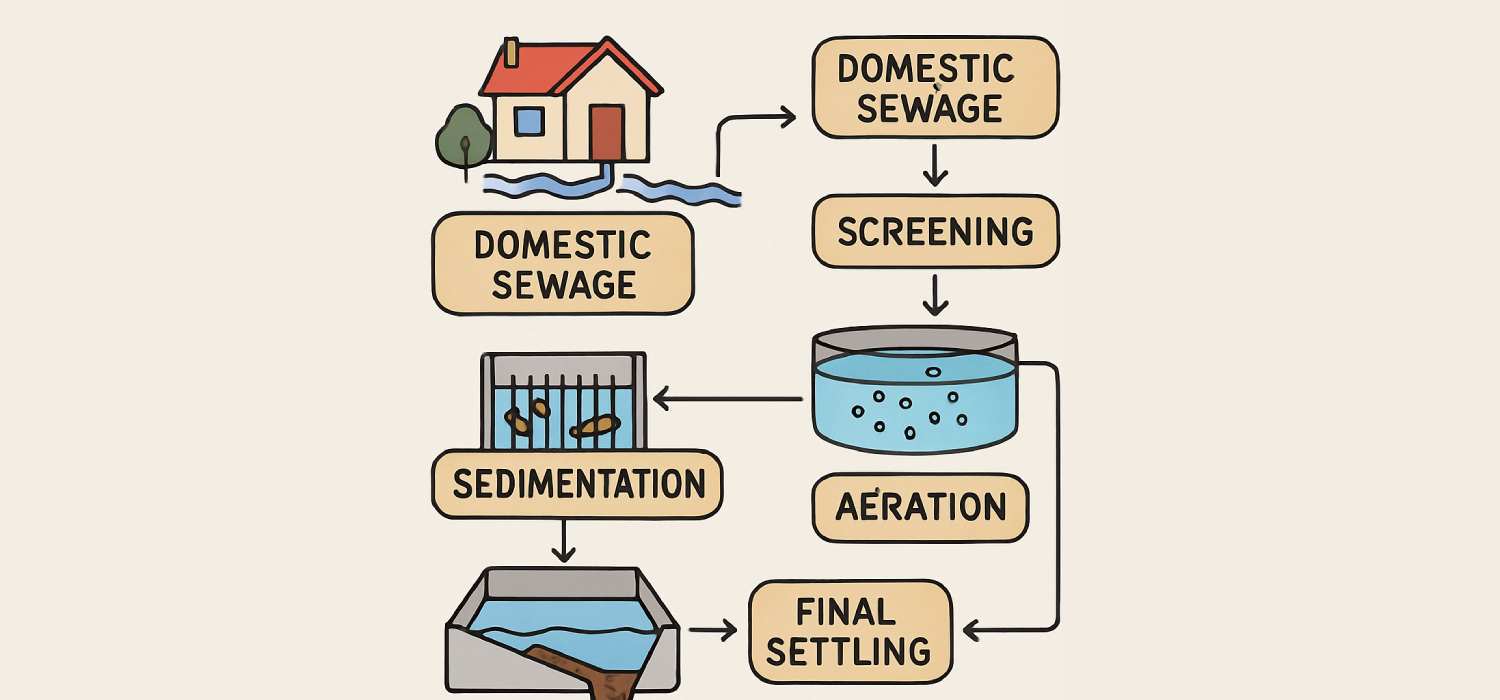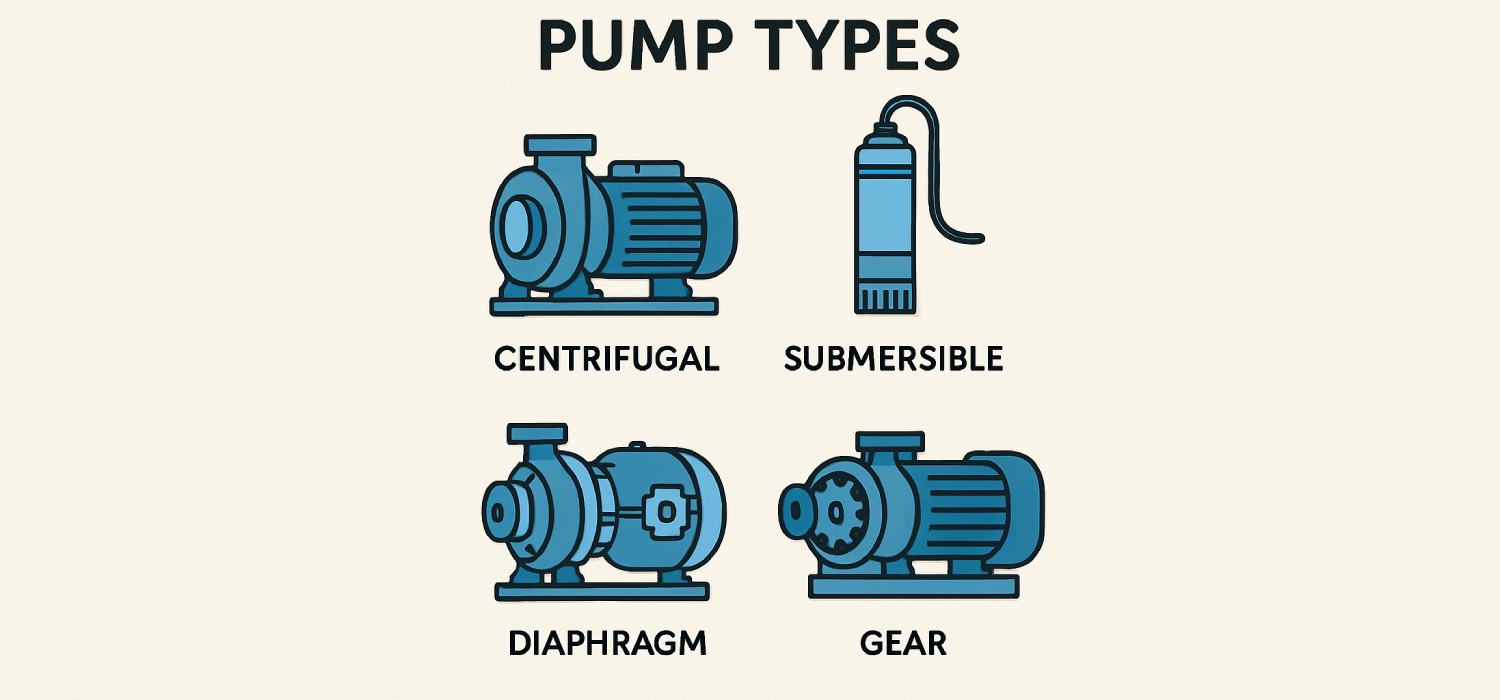Home Sewage Treatment Plants: A Complete Guide for UK Homeowners
Published on 07 April 2025
If your home isn't connected to the mains sewer system, you're likely considering a domestic sewage treatment plant. These systems are essential for managing household wastewater in a safe, efficient, and environmentally friendly way. In this guide, we’ll walk you through everything you need to know—from how they work to legal requirements and ongoing maintenance.
What Is a Domestic Sewage Treatment Plant?
A domestic sewage treatment plant is a compact, self-contained unit that treats all the wastewater from your property—such as from toilets, showers, sinks, washing machines, and dishwashers. Unlike septic tanks, which only separate waste, sewage treatment plants use natural bacteria and oxygen to break down solids and purify the water.
Who Needs One?
If you live in a rural area or a property where connection to the mains drainage system isn't possible, you're legally required to install an appropriate alternative. In most cases, that means a certified sewage treatment plant that meets BS EN 12566-3 standards.
How Does It Work?
- Primary chamber – Solids settle and are partially broken down.
- Aeration chamber – Oxygen is pumped in to encourage bacterial digestion of organic waste.
- Final settlement chamber – Remaining solids settle before clean water is discharged.
Where Can It Discharge?
Once treated, the water can usually be discharged into a nearby watercourse or a drainage field. However, this depends on the results of a percolation test and may require an Environmental Permit. We can help assess this during your site survey.
Planning Permission & Regulations
Most domestic sewage treatment plants don't require planning permission if they're installed to replace an existing system. However, you must follow the General Binding Rules set out by the Environment Agency. These cover discharge limits, distance from buildings and watercourses, and system certification.
Why Choose a Treatment Plant Over a Septic Tank?
- Produces cleaner, safer effluent
- Meets modern environmental standards
- Less likely to require an Environment Agency permit
- More compact and easier to maintain
Maintenance & Servicing
To keep your system performing efficiently, it should be serviced annually and emptied by a licensed waste carrier. Alton Facility Services provides ongoing maintenance, servicing, and emergency callouts for all types of domestic systems.
Need Advice? We’re Here to Help
Choosing the right system can be overwhelming, especially with so many options on the market. Our experienced team is here to help you every step of the way—from selecting the right model and securing permissions to full installation and aftercare.
Contact us today to book a free home survey or request a quote for your domestic sewage treatment plant.




